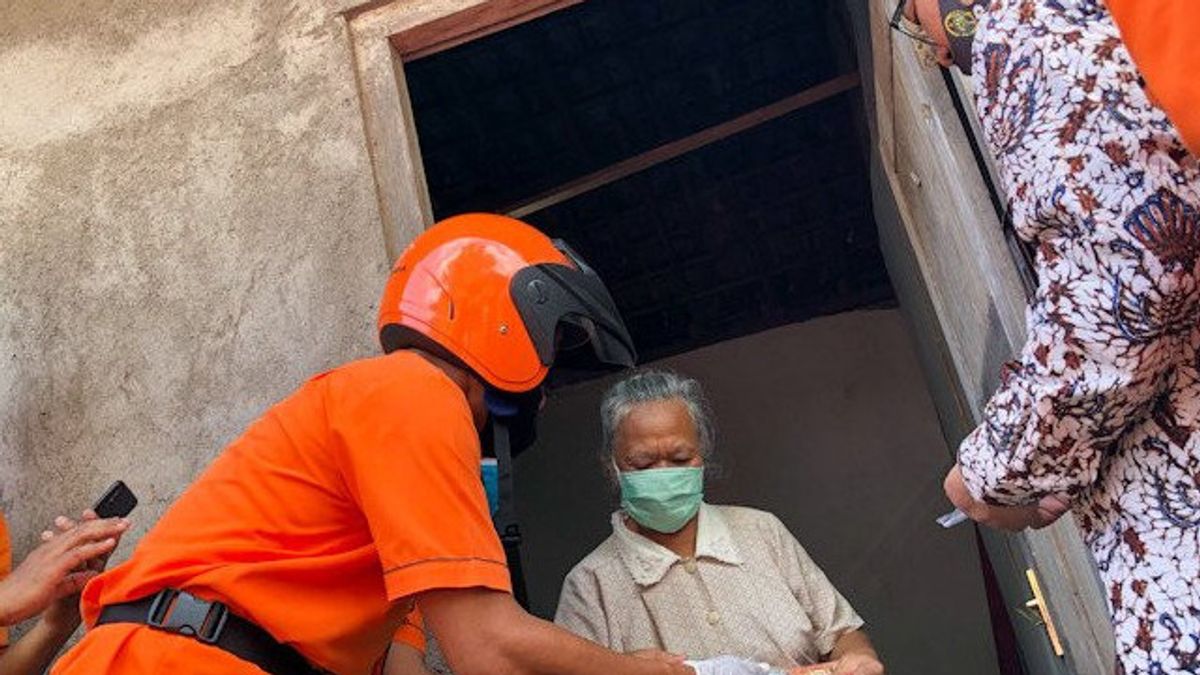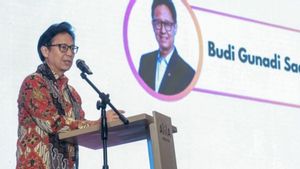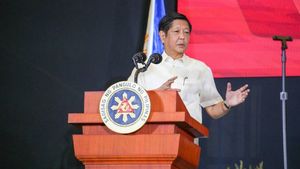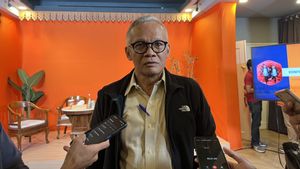JAKARTA - The number of poor families in the city of Yogyakarta based on the results of data collection and verification in 2022 conducted by the local Social Service for Manpower and Transmigration shows an increase of about 10 percent compared to data collection in 2020.
"The data collection on the poor was last carried out in 2020 and was not carried out in 2021 because it was still a pandemic. When compared to 2020, data on data collection in 2022 has indeed increased," said Head of the Social Protection and Security Division of the Yogyakarta City Social and Transmigration Service Supriyanto in Yogyakarta, Friday, January 20.
Based on the results of data collection in 2022, the number of poor people in the city of Yogyakarta is 17,451 families (KK), an increase of 1,641 families compared to data in 2020 as many as 15,810 families.
The Yogyakarta City Government has grouped data on poor families or called family data for social protection insurance targets (KSJPS) in three categories, namely the poor as the lowest strata, poor, and vulnerable to poverty.
"For the data on the results of the 2022 data collection, there is no additional data on residents who are categorized as poor. So since 2020, there have been no residents in the group," he said, as quoted by Antara.
The number of groups that dominate the data on the 2022 data collection poor remains in the category of vulnerable poor as many as 14,986 families and the category of poor 2,465 families.
Supriyanto said that he was still conducting studies regarding the factors that caused the increase in the number of poor people in the city of Yogyakarta.
"The pandemic conditions that have occurred in recent years can be said to be the cause of the increase in poor people. There have been many layoffs and decreased income which is one of the indicators of data collection that contributes the most factors in our data collection," he said.
Data on the poor who have been determined through the Decree of the Acting Mayor of Yogyakarta Sumadi on December 30, 2022 will then be used as a database for the implementation of the poverty reduction intervention program sourced from the Yogyakarta City Budget.
"For residents who are included in the data, they will receive an identity card. Just like in previous years. This month, the card will be distributed through each kelurahan," he said. Previously, Yogyakarta City Regional Secretary Aman Yuriadijaya said that the intervention of local government programs for poverty reduction needs or improving welfare must be based on data.
"With the data, it will be known that residents who need intervention and the type of intervention that must be given. Thus, there is an economic movement so that economic growth in Yogyakarta does not only rely on certain sectors but is evenly distributed," he said.
He also hopes that the income gap index or the Gini ratio in the city of Yogyakarta can also be lowered.
The English, Chinese, Japanese, Arabic, and French versions are automatically generated by the AI. So there may still be inaccuracies in translating, please always see Indonesian as our main language. (system supported by DigitalSiber.id)













